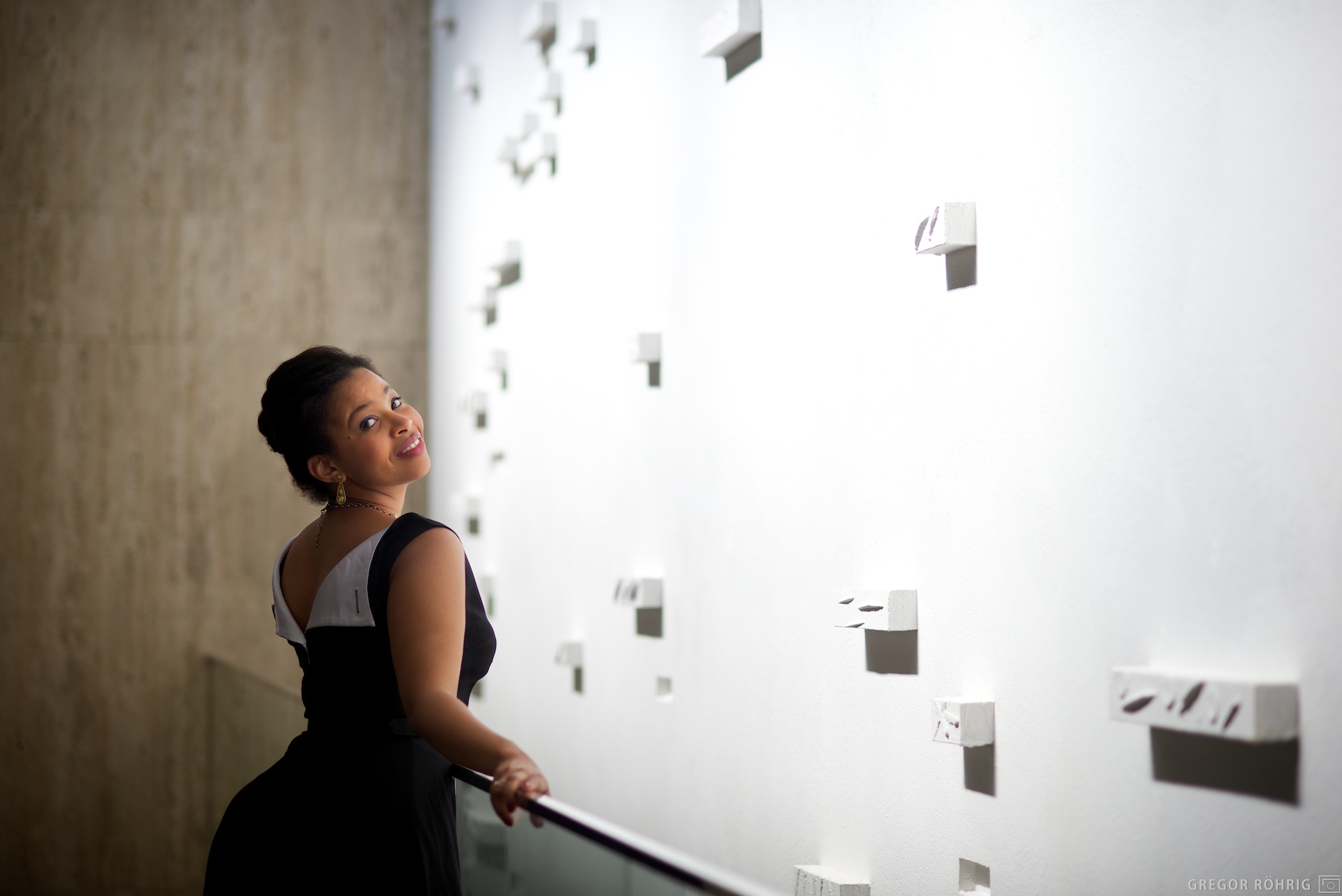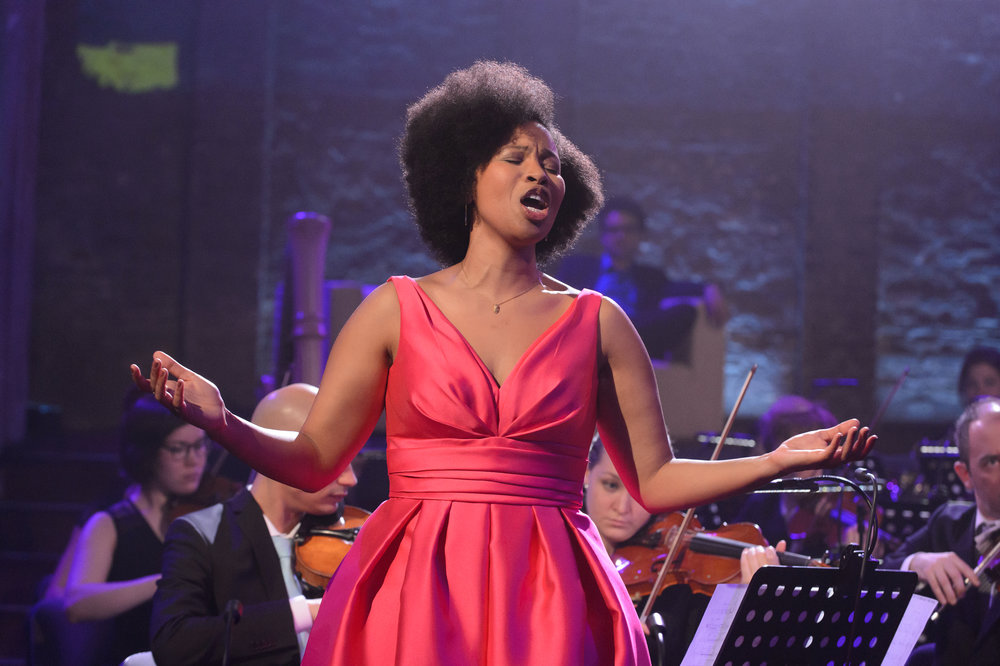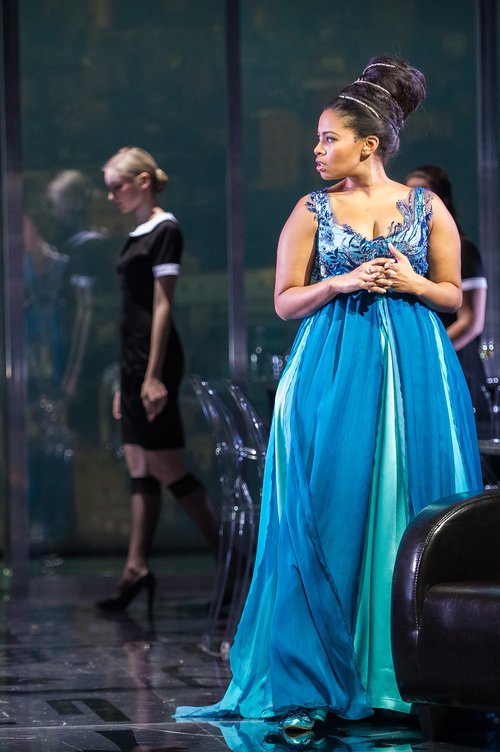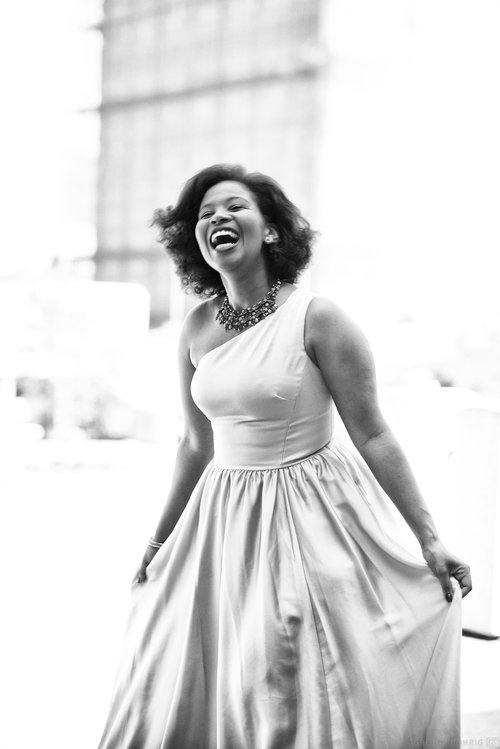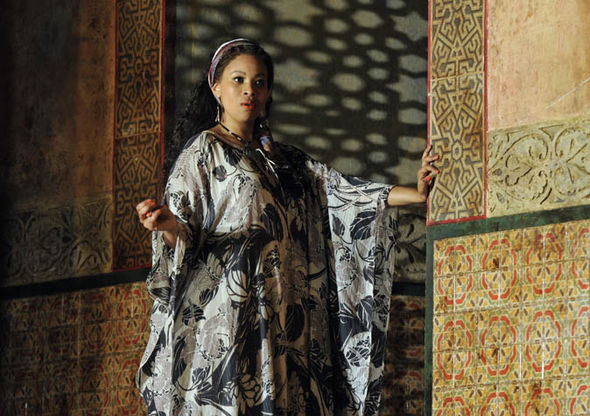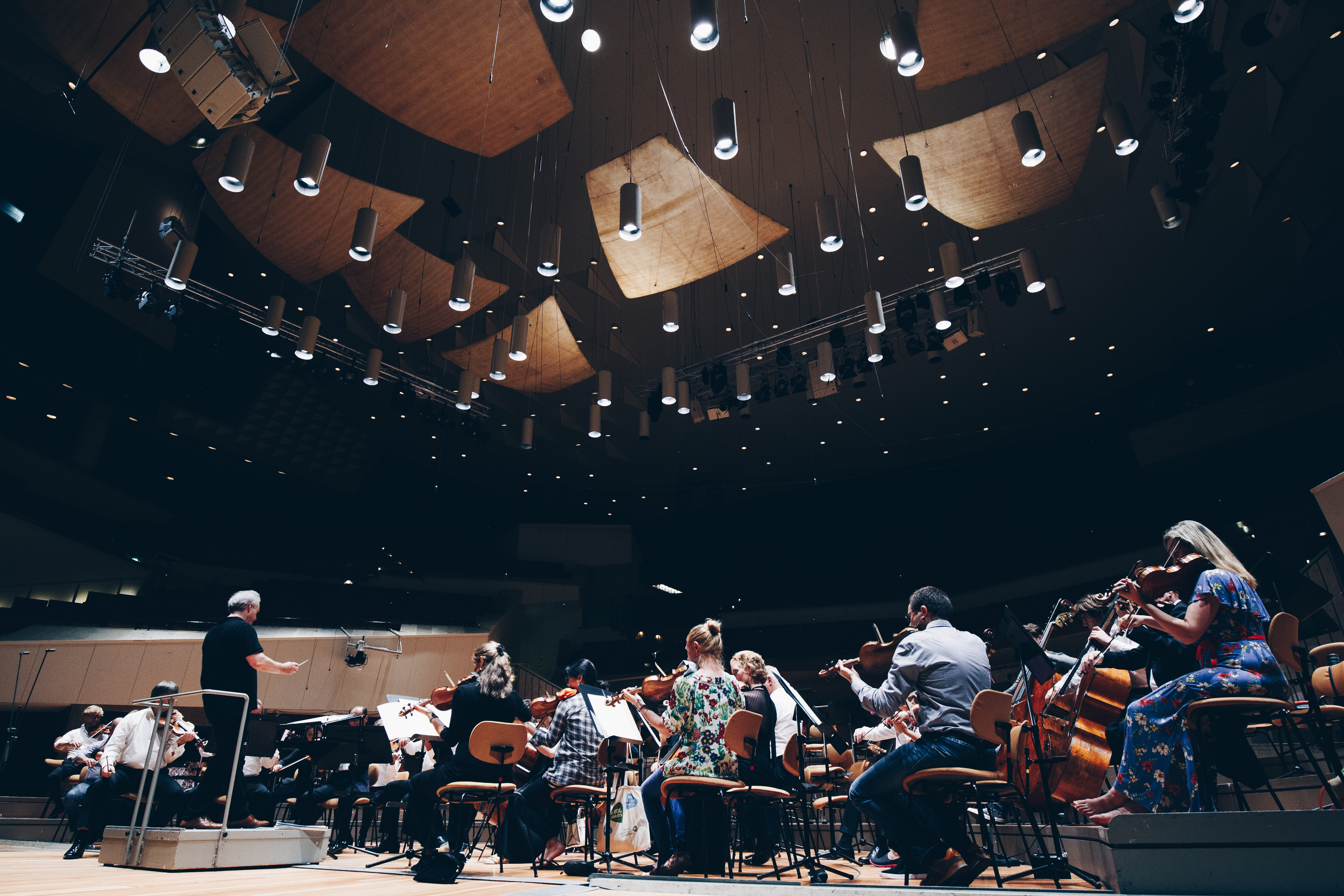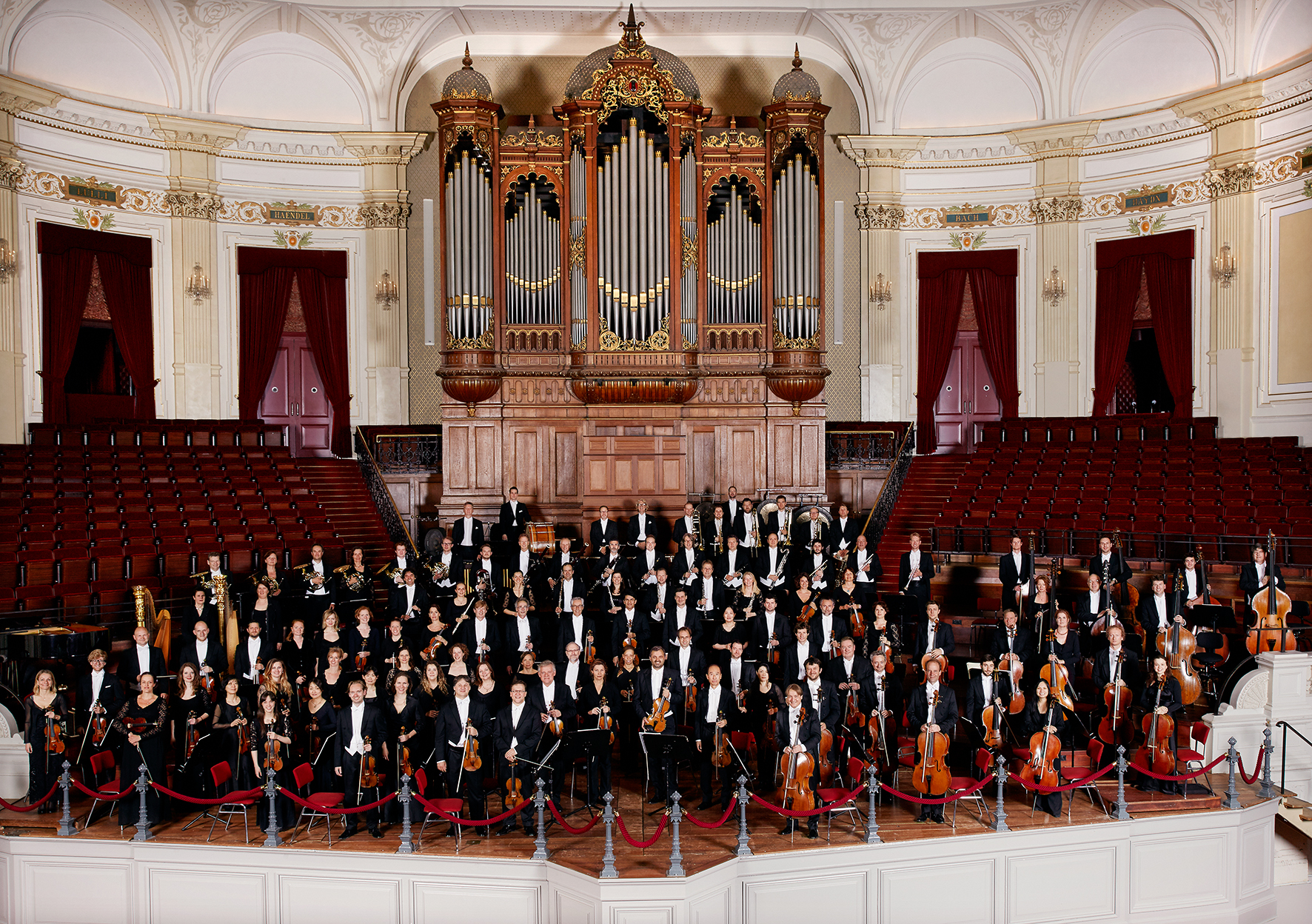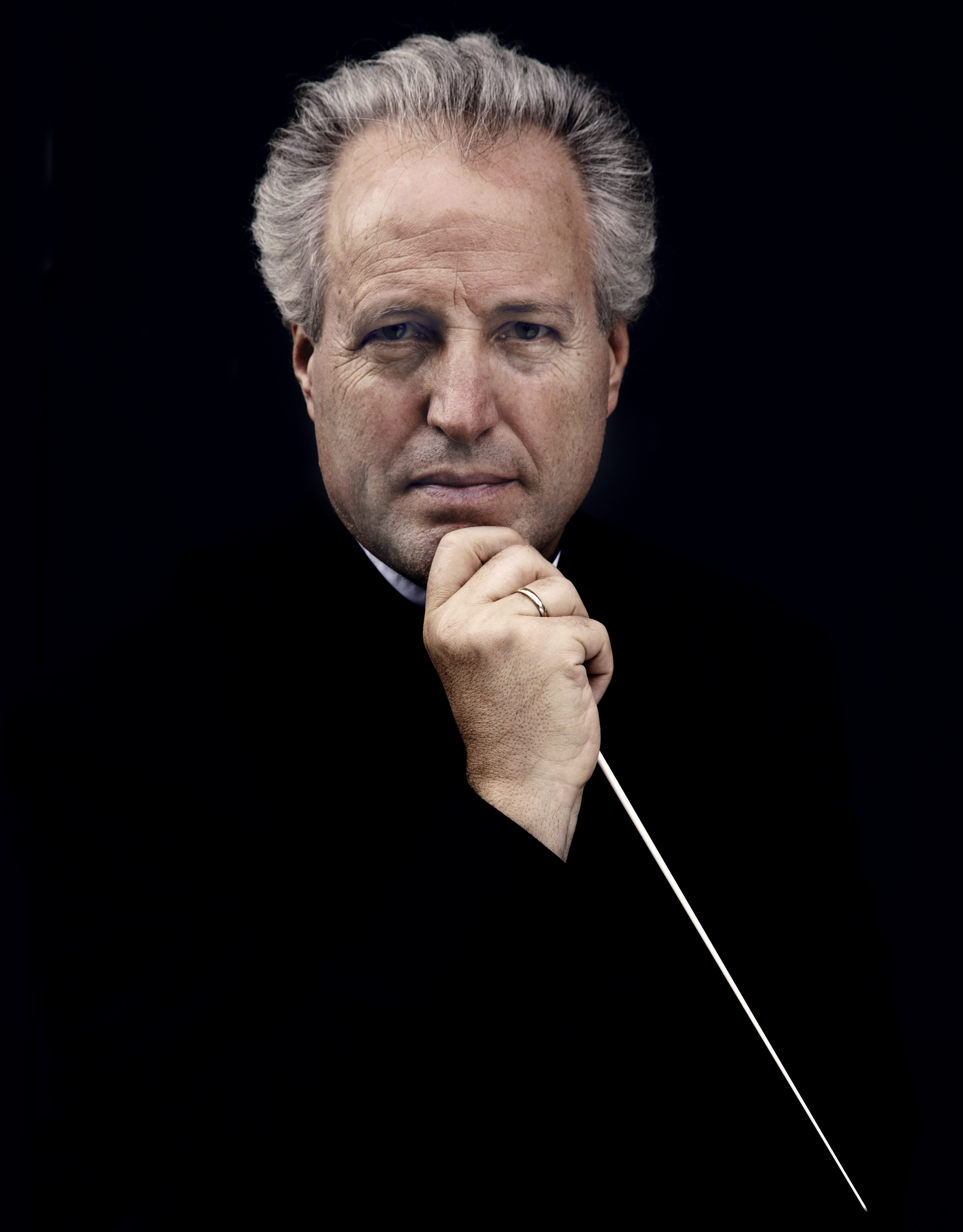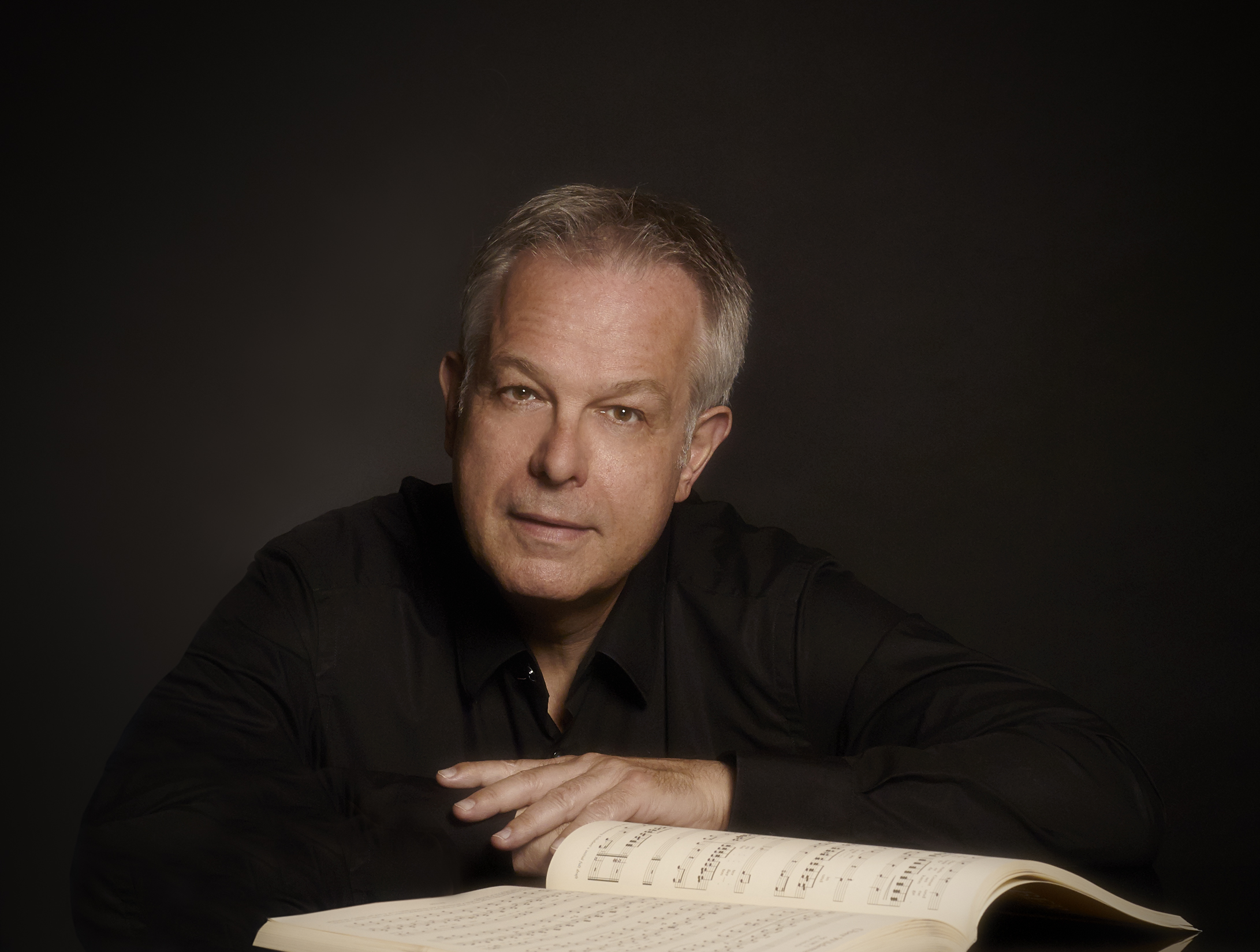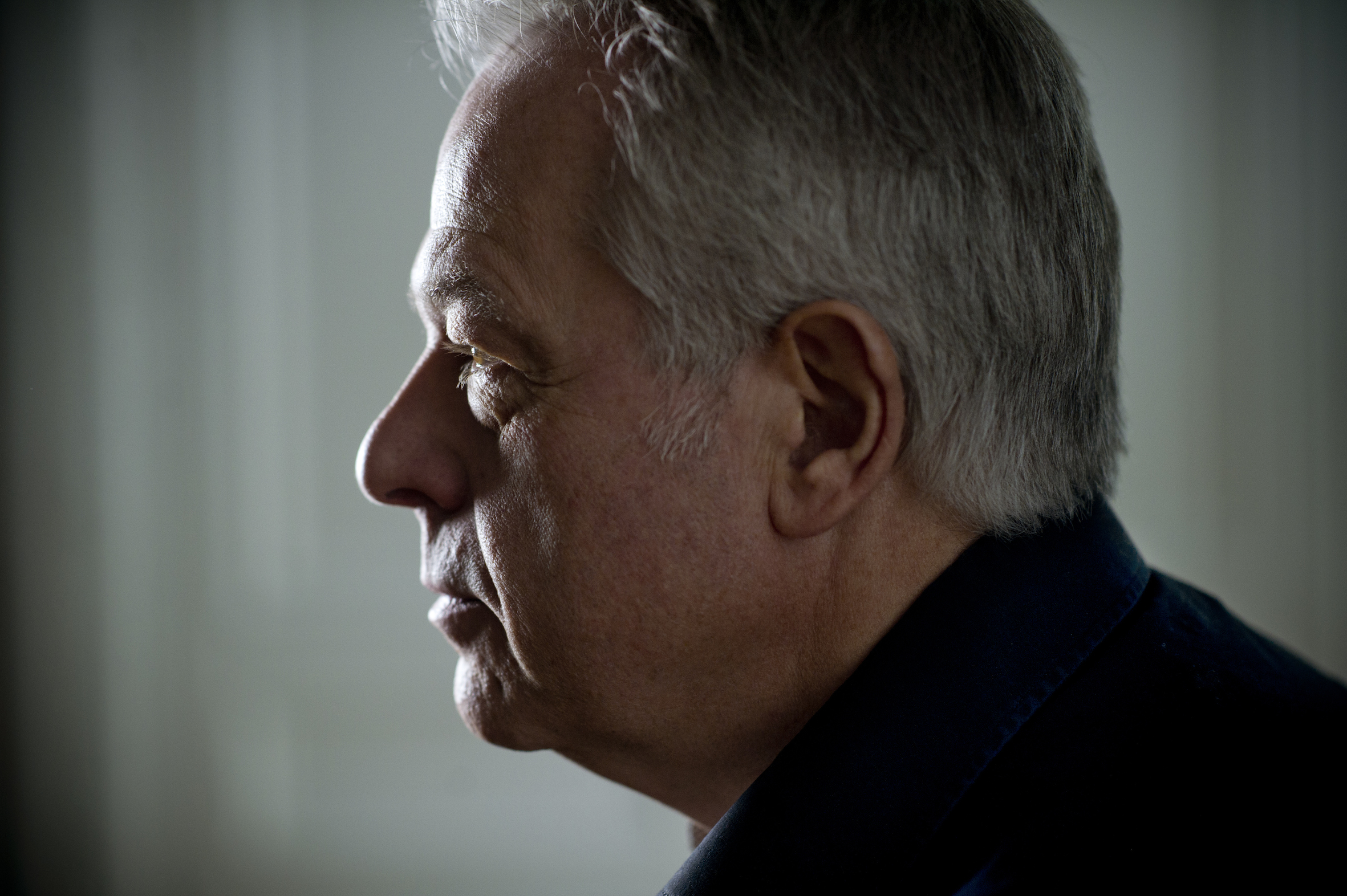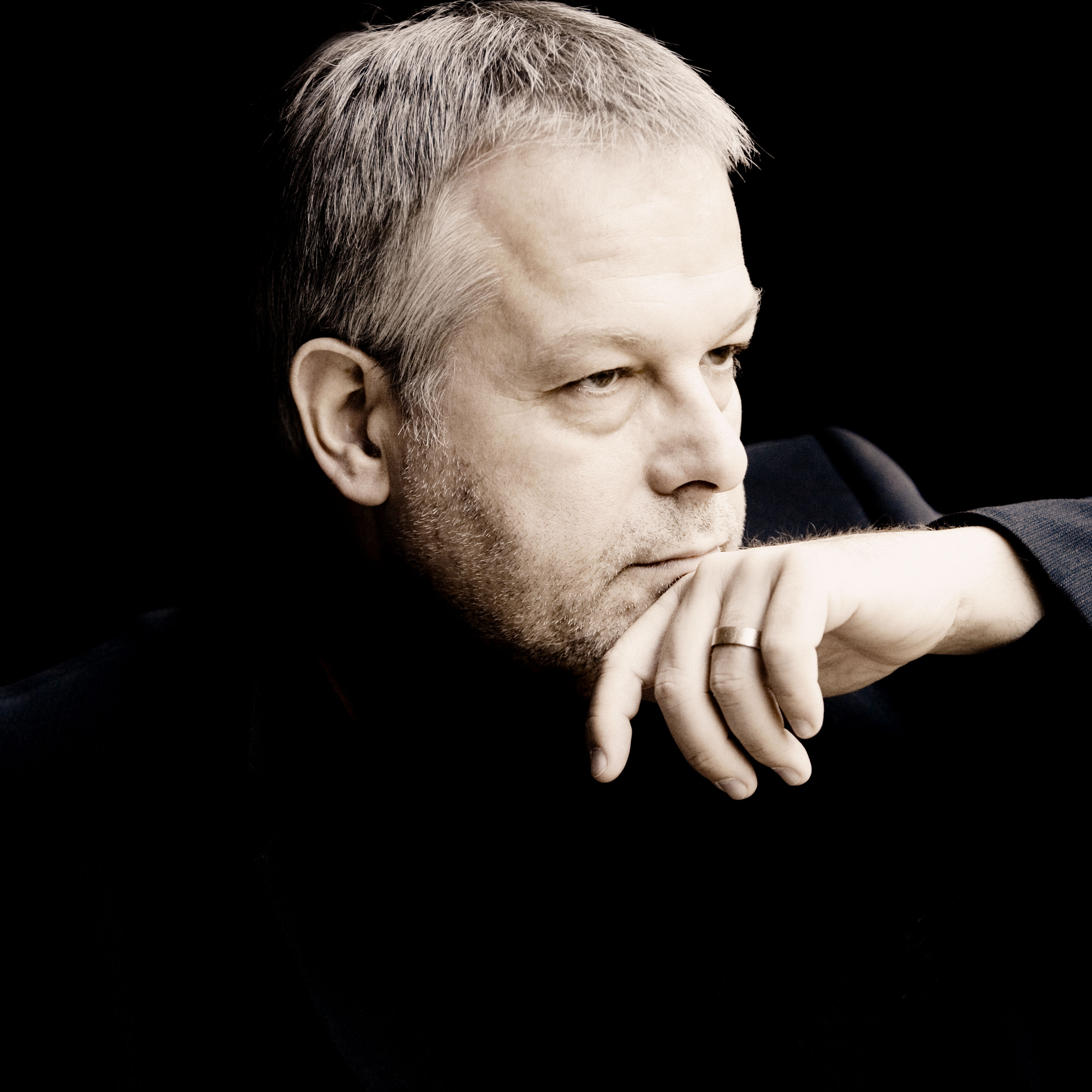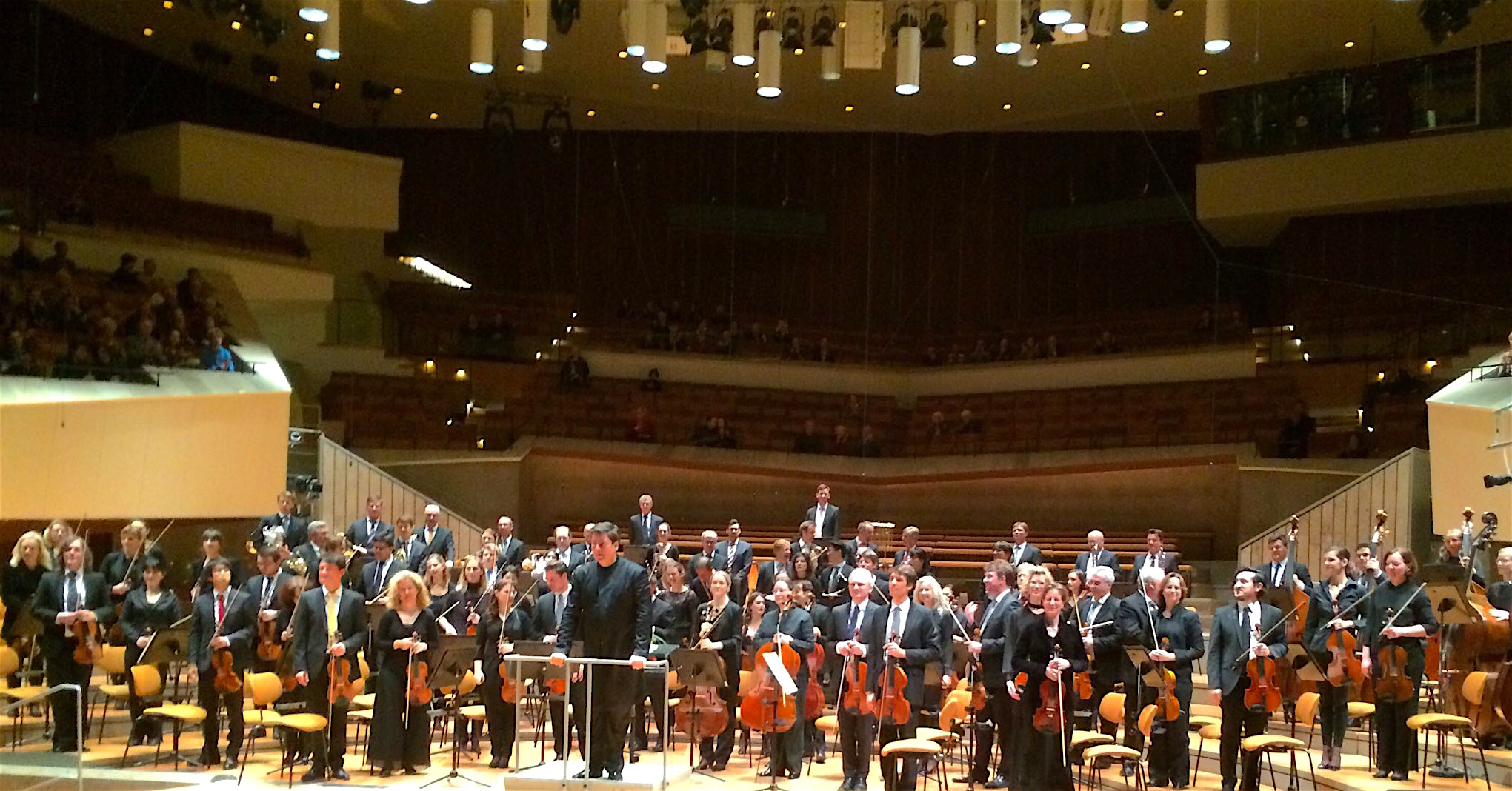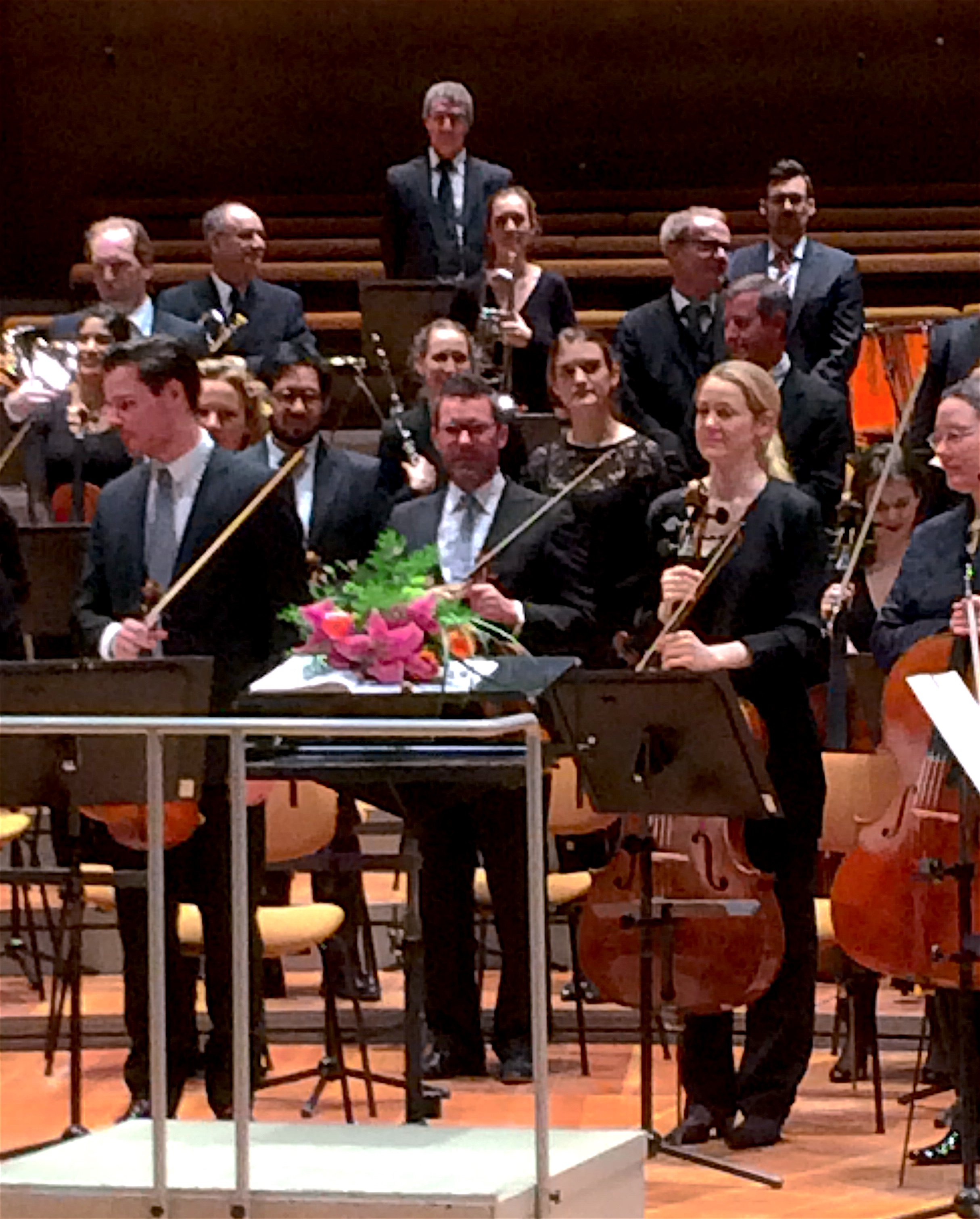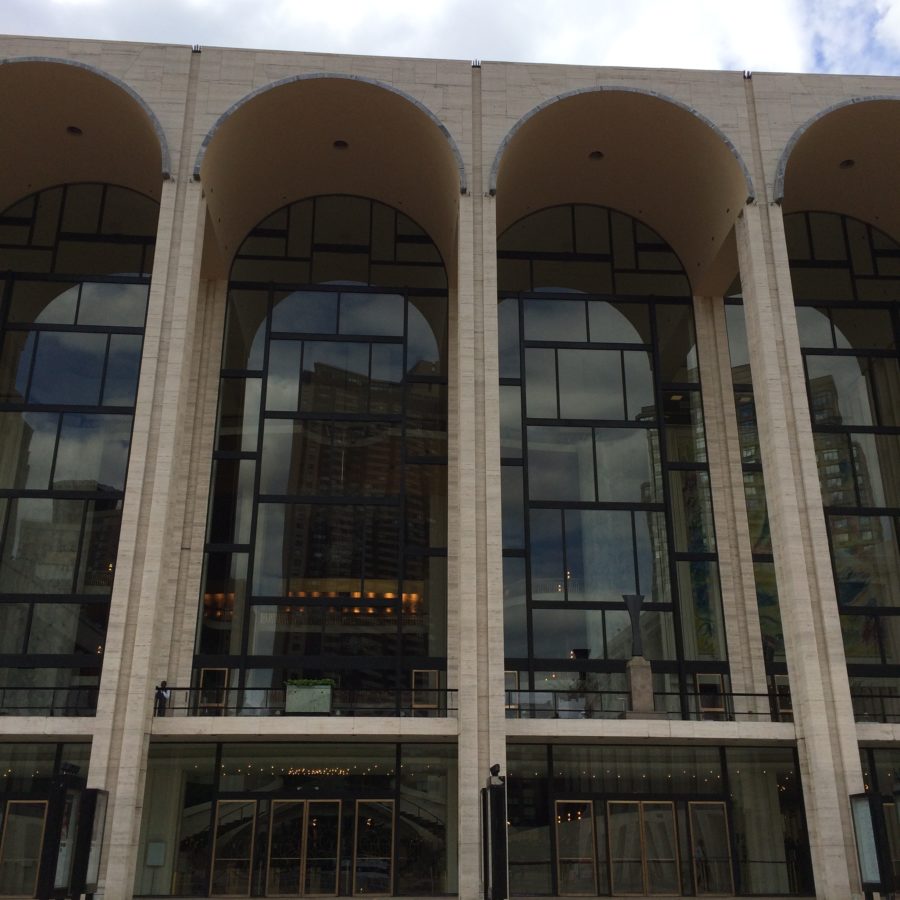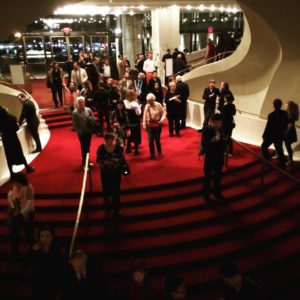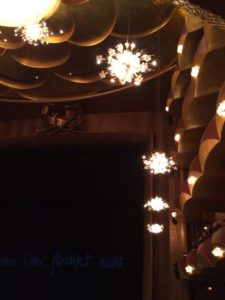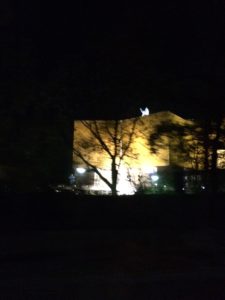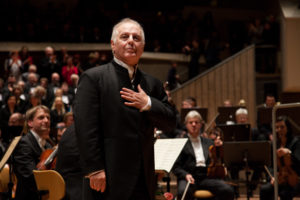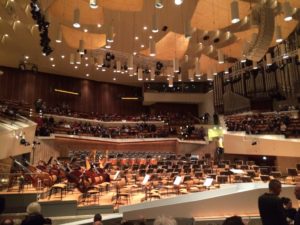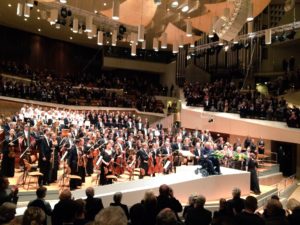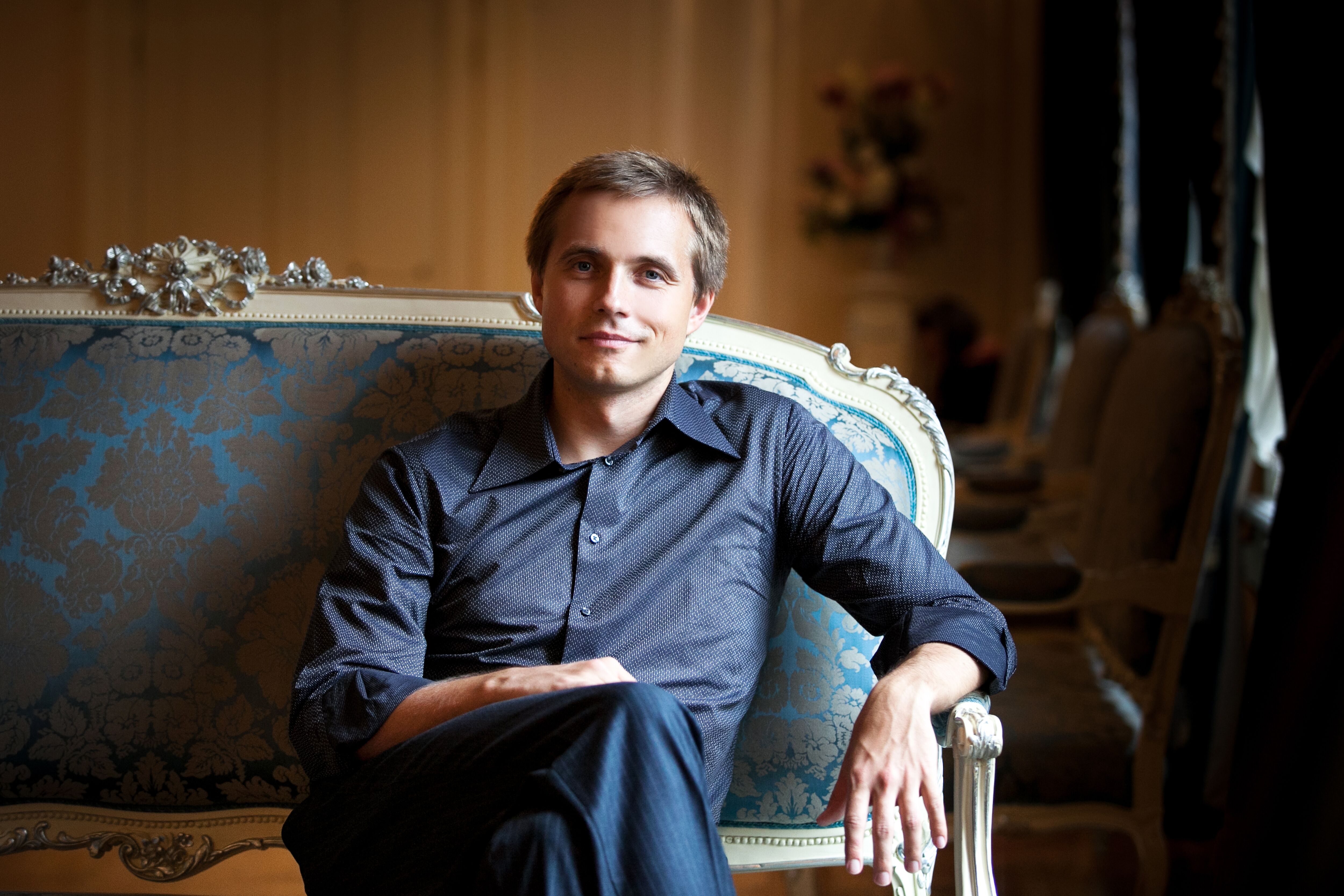
Photo: Svetlana Tarlova
“Life is full — I’m not complaining!”
Vasily Petrenko was between sessions when we spoke recently, juggling recording all the Beethoven Piano Concertos with the Royal Liverpool Philharmonic Orchestra and pianist Boris Giltburg (for future release on Naxos Records), with new season announcements, an upcoming London performance, and recent news of his Met Opera debut this autumn.
The chatty Saint Petersburg native is indeed busy. He has many titles: Chief Conductor of the Oslo Philharmonic Orchestra; Chief Conductor of the Royal Liverpool Philharmonic Orchestra; Chief Conductor of the European Union Youth Orchestra; Principal Guest Conductor of the State Academic Symphony Orchestra of Russia. In 2020 he steps down as music director of the Oslo orchestra (a position to which he was appointed in 2013-14); a year later, he leaves his position with Liverpool as well, though his long-standing relationship with the RLPO (he will have been with then fifteen years by then) will continue with Petrenko becoming Conductor Laureate. All of this movement is very much done with purpose: at the start of the 2021-2022 season, Petrenko becomes Music Director of London’s Royal Philharmonic Orchestra. He’s set to lead his first concert with them since the announcement was made of his appointment last July; a highly-anticipated program featuring the music of Brahms and Strauss unfolds next month at London’s Royal Festival Hall.
With numerous accolades, awards, and a sizeable array of acclaimed recordings and appearances, Petrenko is, and has been, a man on the move since his early days in Russia, studying at the St Petersburg Conservatoire and participating in masterclasses with conductors Mariss Jansons and Yuri Temirkanov. The winner of numerous international conducting competitions (including First Prize in the Shostakovich Choral Conducting Competition in 1997), Petrenko received the prestigious Young Artist of the Year Award from Gramophone in 2007; a full decade later he was awarded their Artist of the Year (voted on by the public). He won the Male Artist of the Year at the Classical Brit Awards in 2010, and has appeared with a range of prestigious orchestras (including the Gewandhaus Leipzig, the London Symphony Orchestra, the Orchestre National de France, the Philadelphia Orchestra, the Los Angeles Philharmonic, the Cleveland Orchestra, NHK Symphony Tokyo, to name just a few), and festivals, including the BBC Proms, Edinburgh, Aspen, and Ravinia. Tomorrow and Sunday evenings (May 16 / 19), he leads his Royal Liverpool Philharmonic Orchestra (RLPO) in a series of concerts with cellist Alban Gerhardt featuring Russian repertoire (Prokofiev, Shostakovich, Glazunov, Tchaikovsky, Khachaturian, Kabalevsky), before jetting off to Norway for concerts with soprano Veronique Gens and the Oslo Philharmonic featuring the music of Rimsky-Korsakov, Ravel, and Respighi.
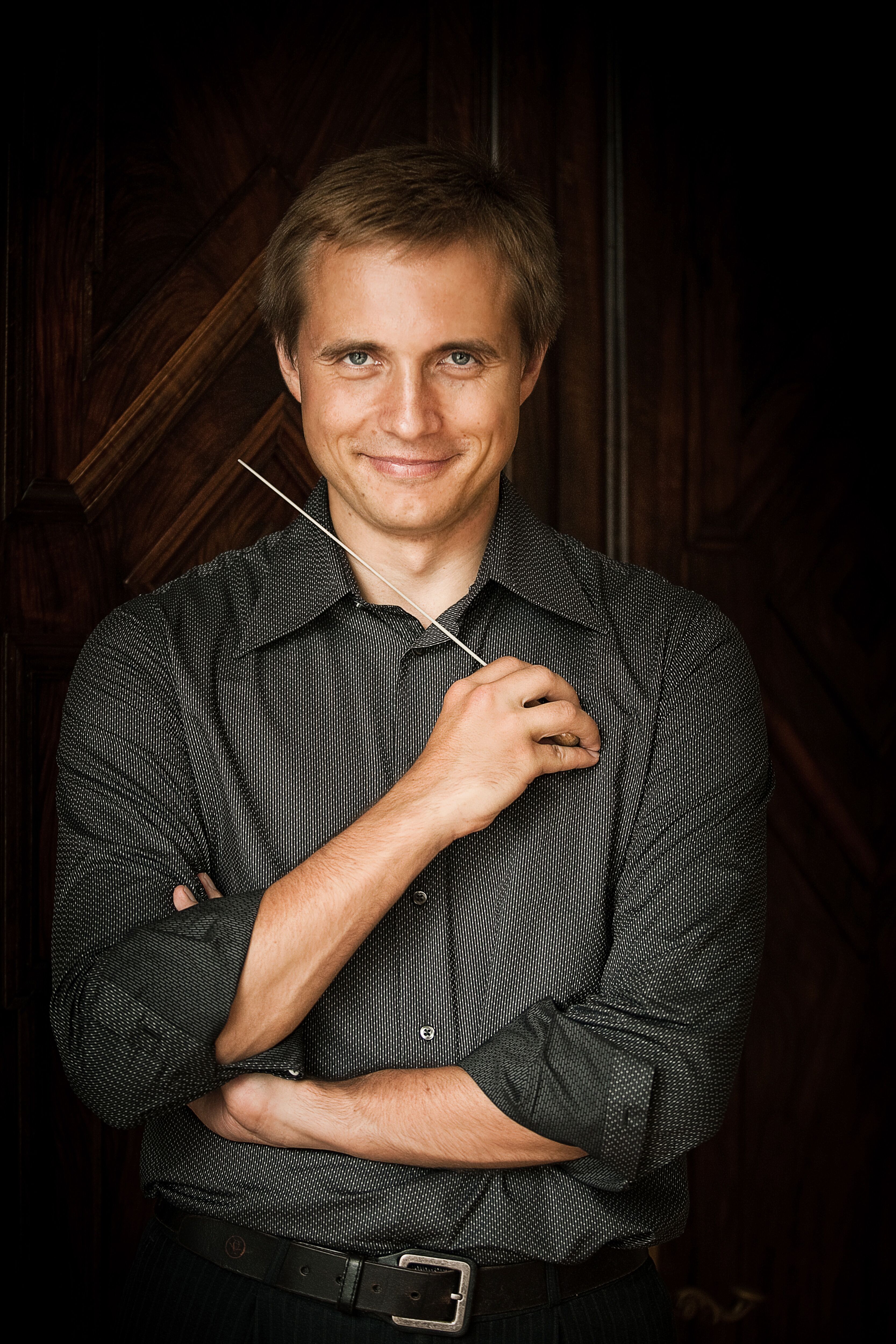
Photo: Svetlana Tarlova
Lest you think Petrenko’s output is limited to symphonic work, think again. He has over thirty operas in his repertoire; in 2010, he appeared at both Glyndebourne (Verdi’s Macbeth) and Opéra National de Paris (Tchaikovsky’s Eugene Onegin), but more recently conducted staged productions of Mussorgsky’s Boris Godunov at the Bayerische Staatsoper (2016) and Shostakovich’s Lady Macbeth of Mtsensk at Opernhaus Zürich (2016-17). Concert performances have also been plentiful — of Verdi’s Falstaff with the RLPO (in conjunction with the European Opera Centre) and Rimsky-Korsakov’s The Golden Cockerel (with the Netherlands Radio Philharmonic Orchestra; both 2017). In November, Petrenko will make his Metropolitan opera debut conducting Tchaikovsky’s The Queen of Spades, with a stellar cast which includes soprano (and 2015 Operalia winner) Lise Davidsen, with whom Petrenko has previously worked.
The maestro’s warmth and dynamism are palpable whether onstage, in recordings, or indeed, in conversation. His reading of Ravel’s Daphnis et Chloé Suite No. 2 with the Berlin Philharmonic in 2018 glowed with bold strings and ripe, round phrasing that warmly captured the work’s dancelike underpinnings; likewise his appearance last October at Cadogan Hall with the State Academic Symphony Orchestra of Russia (“Evgeny Svetlanov”), where he led energetic if densely-woven performances of works by Tchaikovsky and Rachmaninoff, the latter’s Symphony No. 2 being, as Bachtrack’s Mark Pullinger rightly notes, “as brooding, as melancholic, as passionate an account as you’d wish to hear.” Elgar’s Chanson de matin was the encore that evening, which was perfectly fitting, considering Petrenko’s recordings of the English composer with the RLPO (in 2015, 2017, and 2019; Onyx) are genuinely excellent. Petrenko’s reading of Elgar works gave me a whole new insight into a sound world I had always felt closed off from; there was something about the composer’s output that always seemed cold, distant, impenetrable. How wrong I was, and how deeply grateful I am for Petrenko’s readings; they brim a lively, warm energy, a keen forward momentum, effervescent textures and poetic nuance, underlining the joy, drama and humanity so central to Elgar’s canon.
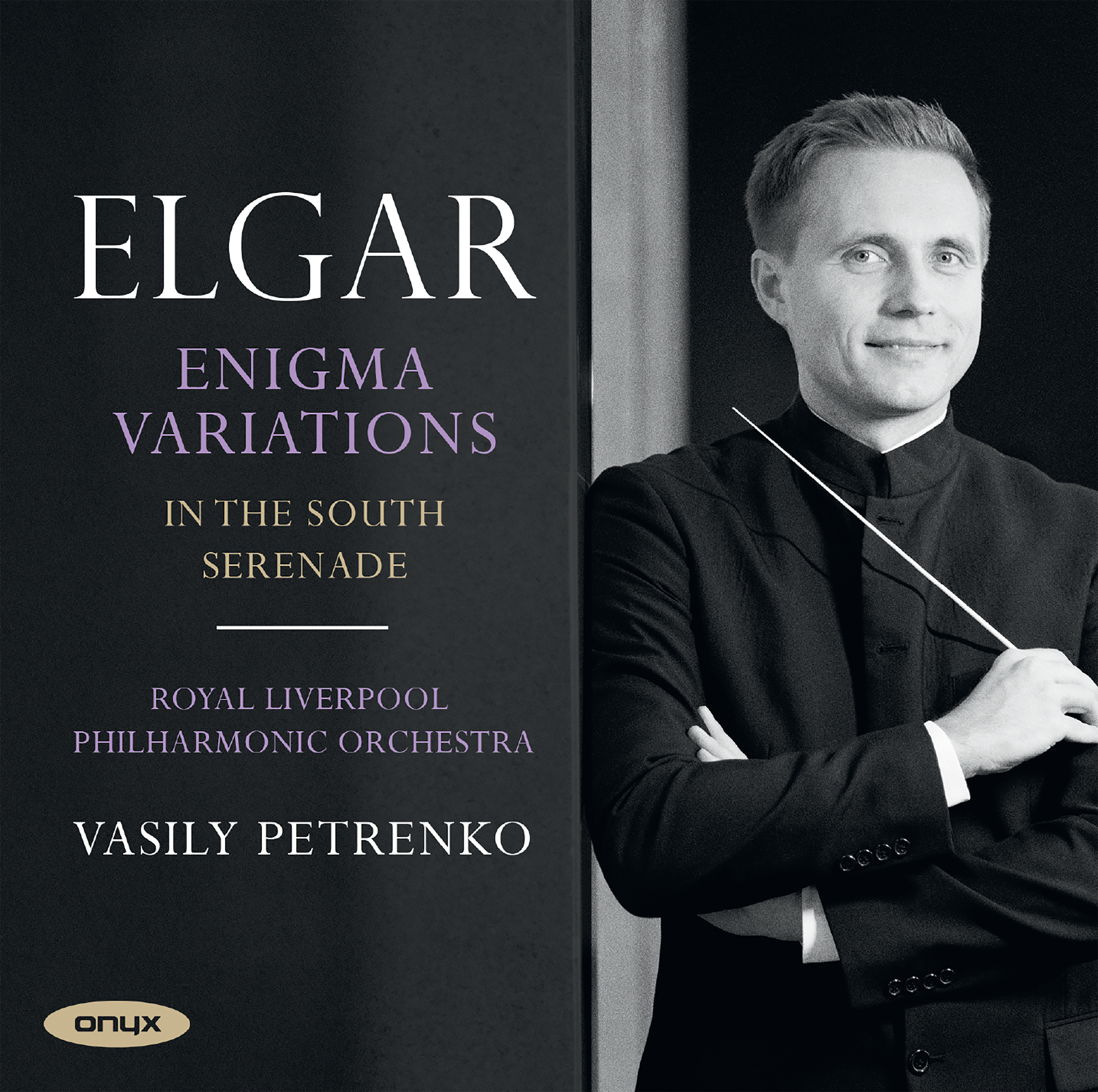
Photo: Onyx
Released in March of this year, Petrenko and the RLPO’s recording of the Serenade For String Orchestra, Op. 20 (together with the famous Enigma Variations) boasts gorgeous modulations, with an intriguing emphasis on the lyricism of the sparky cello and bass lines in the first movement (Allegro piacevole); the interplays and contrasts with a silken violin section that swells with operatic grandeur in the piece’s Larghetto, delicately swirling and swooping around a songlike cello section. It’s all so conversational and engaging, so dynamic and thoughtful, so casual and smart, all at once… rather like the conductor himself.
Between recording Beethoven Concertos, Petrenko recently offered a waterfall of insights on everything from the new seasons in both Oslo and Liverpool and the importance of new works within orchestral programming, to growing up in Saint Petersburg and thoughts on his Met debut later this year.
The 2019-2020 seasons for both the Oslo Philharmonic and the Royal Liverpool Philharmonic certainly offer a lot to chew on.
We do have a lot — in Oslo it’s the orchestra’s centenary year, so we have a lot of projects related to the anniversary, including outdoor concerts for 20,000 people and tours to mainland Europe and other places. We also have concerts which reflect the past, so there will be one exactly mirroring the orchestra’s first concert – we’ll perform what was performed in 1919. And there’s plenty there with Liverpool too, like with the Mahler cycle starting from January 2020. So that’s a lot of symphonies!
Oslo Philharmonic CEO Ingrid Røynesdal said the the centenary season had been built around the theme of “Yesterday / Today / Tomorrow” and will feature fifteen new commissions; what role do you see new works playing within future programming?
I think for audiences it’s a matter of trust for conductor and orchestra, that even if the public does not know the name of the composer on the poster, they are still coming because they trust it’ll be great music. Here in Liverpool when I started to perform Hindemith for the very first time, people didn’t know the composer and didn’t turn out. Some asked, “Who or what is a Hindemith — is it a skin disease?” Later I was insisting he be performed — I really admire his works, and think he deserves much wider recognition. It isn’t contemporary music but it’s music of the 20th century. And later the audiences started to pack the house, even for contemporary works, including his pieces. We did a few different things — chamber works, choral works. It’s a matter of trust. I tried to put other names back on the map, and did so, quite successfully.
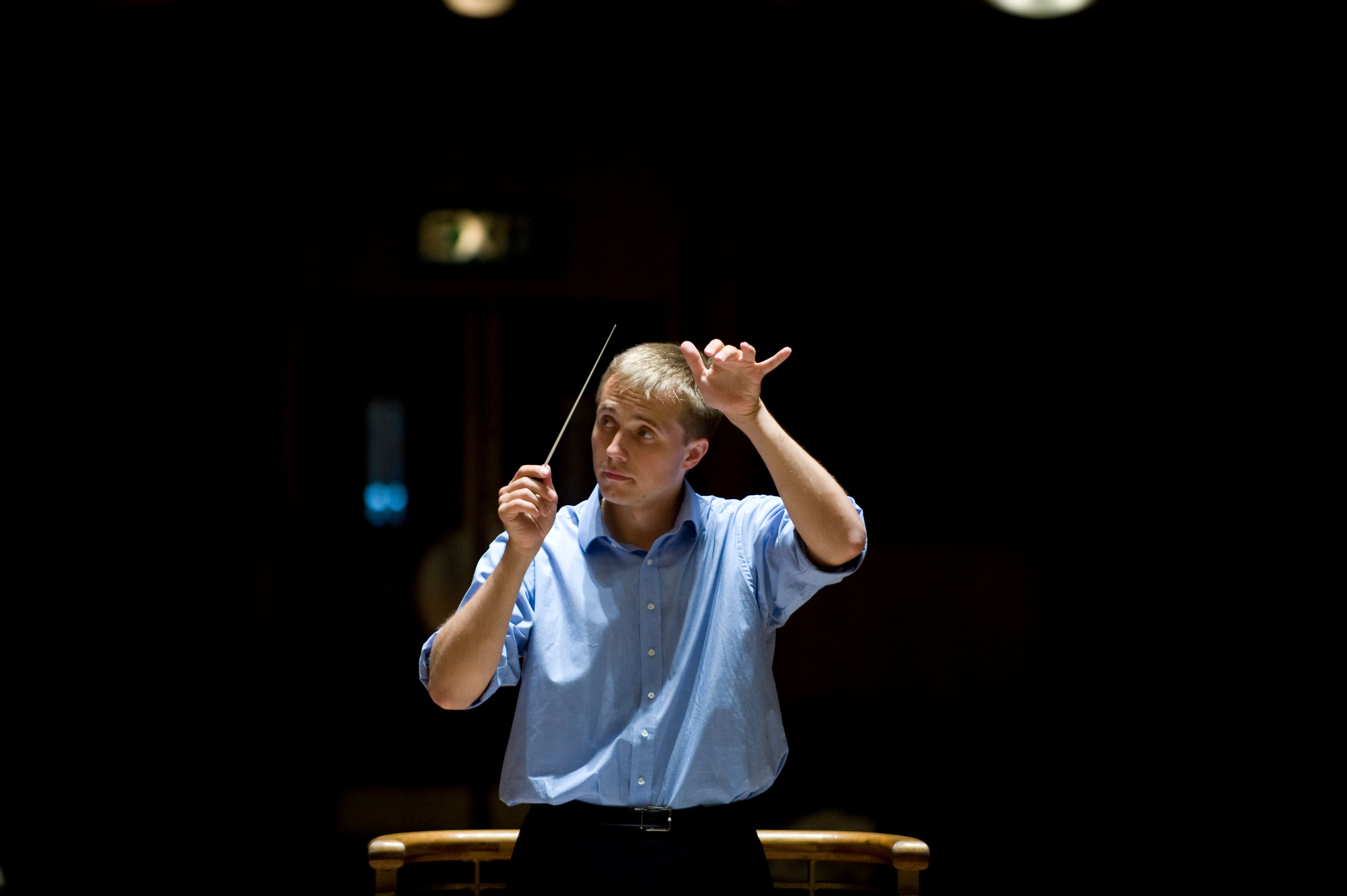
Photo: Mark McNulty
It is, for a conductor and an orchestra, a duty; it’s a must. I feel really obliged to perform as much contemporary music as I can, especially contemporary music of the local place where the orchestra is based, so in Liverpool English composers, and in Oslo, regional composers of Scandinavia; if we won’t give them a chance, who will? If the piece is not performed, nobody knows if it’s good or bad, it stays virtual — but time and the public will tell which will be a masterpiece, which will be neglected or forgotten. I think the vox populi will decide over the years which pieces of music become masterpieces, but to give them a chance to decide, we have to perform them, so I’m always up to do new commissions and also to perform a piece a second or third time. Contemporary music is so often performed once and under-rehearsed at that — and then of course it’s not given a second chance, a second look; it can just go to the trash bin, which is not what it deserves. So for me I’m trying to find a way where you’re not performing a new piece for 200 people who think they’re gurus of contemporary music, but for a full house. To program that you have to be very careful; it’s just one item of programming which will also include a famous work, so the main and general public will come and then they can discover something new and be moved.
This is not even in the very contemporary vein, but this past January I did Sibelius Four, which is one of the less performed symphonies by him. It’s very dark and very profound and much more difficult to absorb rather than the First, the Second, or the Fifth; it was the main piece, and we were expecting that it would not be full, but a lot of people came, and they said it was the best concert of the season! So you have to be very brave, and believe in contemporary music, and in yourself, and do it as much as you can.
That echoes something Johannes Moser said to me recently, that very often the public’s exposure to contemporary works is linked to a mediocre performance, so they assume that’s how all of it sounds.
If you look into the history of many pieces which are now considered as masterpieces, their first (presentations) were not big successes. It’s only after the second or third run, when the orchestra is more familiar with a new piece, and it feels more musical and less technical for them, that they can they recognize it as good. I should confess to the marketing department that I’d like to perform a contemporary piece twice in same concert: once at the beginning; then whatever music in the middle; then again at the very end. That may give quite a different perspective for the public. It’s challenging because of the general strategy but maybe that’s how you can program (contemporary music) better than how it is done now.
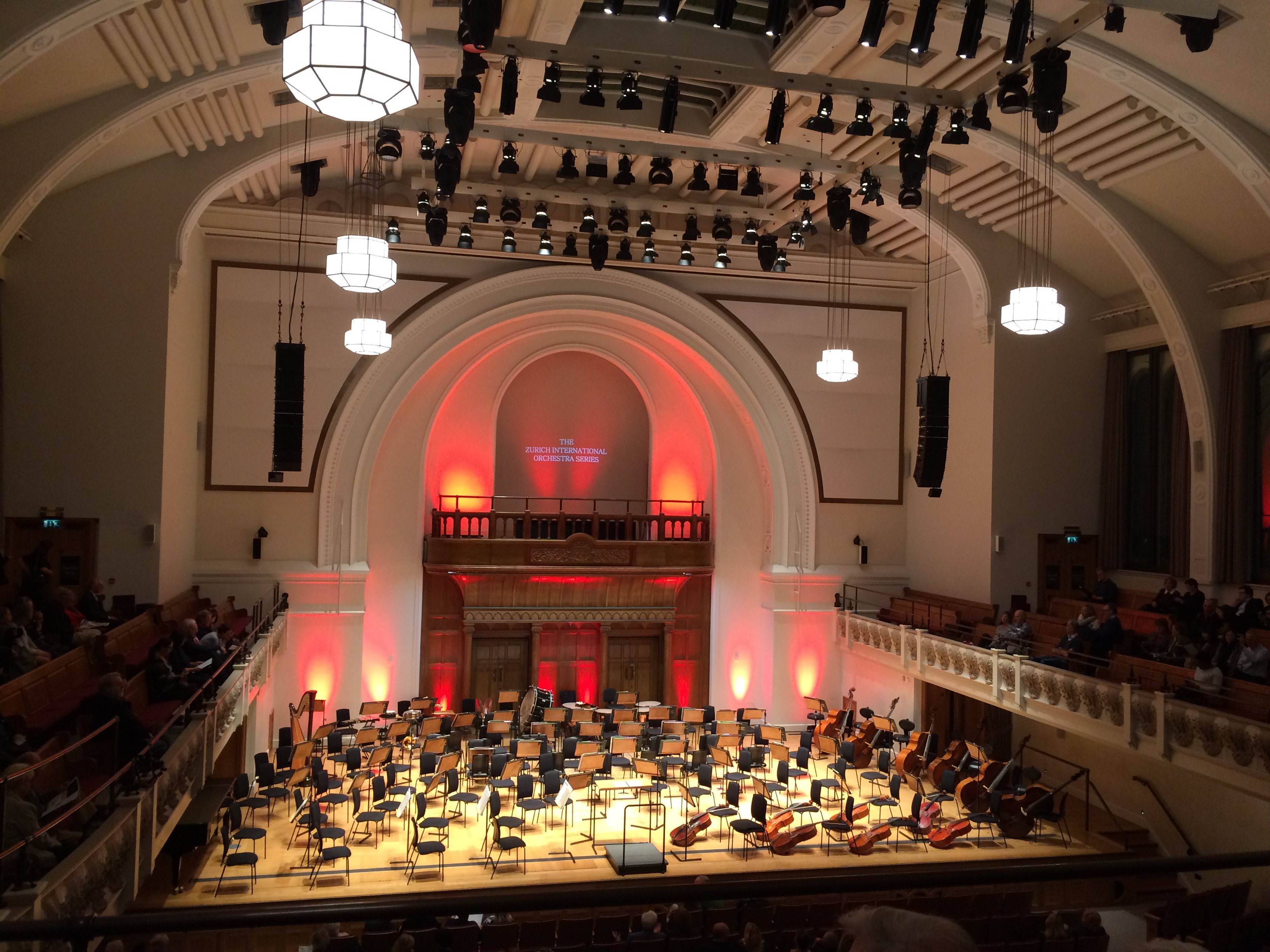
Cadogan Hall. Photo: mine. Please do not reproduce without permission.
That brings to mind something you’d said to The Scotsman last year in relation to your new role with the Royal Philharmonic about using various London venues for various types of repertoire; that seems important within the broader context of shaping public perceptions of certain works.
With the Royal Philharmonic, we will be quite lucky, performing quite extensively at Royal Albert Hall, Royal Festival Hall, and Cadogan Hall. London does not have an ideal, let’s say, concert hall, but those three venues, they can cover different pieces. Royal Albert Hall, of course, is perfect for big symphonies — Strauss and the Don Juans, big Bruckner works, Elgar, Mahler, oratorios, and various potentially semi-staged operas — it’s a coliseum, it’s made for that. Then Royal Festival Hall is probably for the main romantic and post-romantic things, like Tchaikovsky, Rachmaninoff, Shostakovich, Stravinsky, Britten, that kind of thing can be done there. And then Cadogan Hall is for pieces written earlier, like the music of Beethoven, Schubert, Brahms, ideally, or after, like neo-classical, contemporary music, with relatively small orchestras — that can work there very well also. So I think the variety of different pieces of music is related to the size and abilities of each hall.
And performing at a variety of venues is good for community-building, something you’ve been incredibly committed to throughout your time in both Oslo and Liverpool. For the RLPO, you told The Guardian in 2015 that you wanted to see the kids in the youth program become full-fledged members of the RLPO.
Yes in five or ten years — ideally, yes. I think for any orchestra to go into the society of the place they’re based and to be part of that community is very, very important. It’s a thing I’ve done here in Liverpool and I’ve done it in Oslo too — the orchestra and I are coming much more frequently into universities and such, sometimes I’ve done things like lectures, which they appreciate, and also I do all the pre-concert talks there before every single concert, either offstage or onstage, which brings people an understanding. It’s something which we always need to remember with any orchestra: we are there for the public; the public is not there for us.
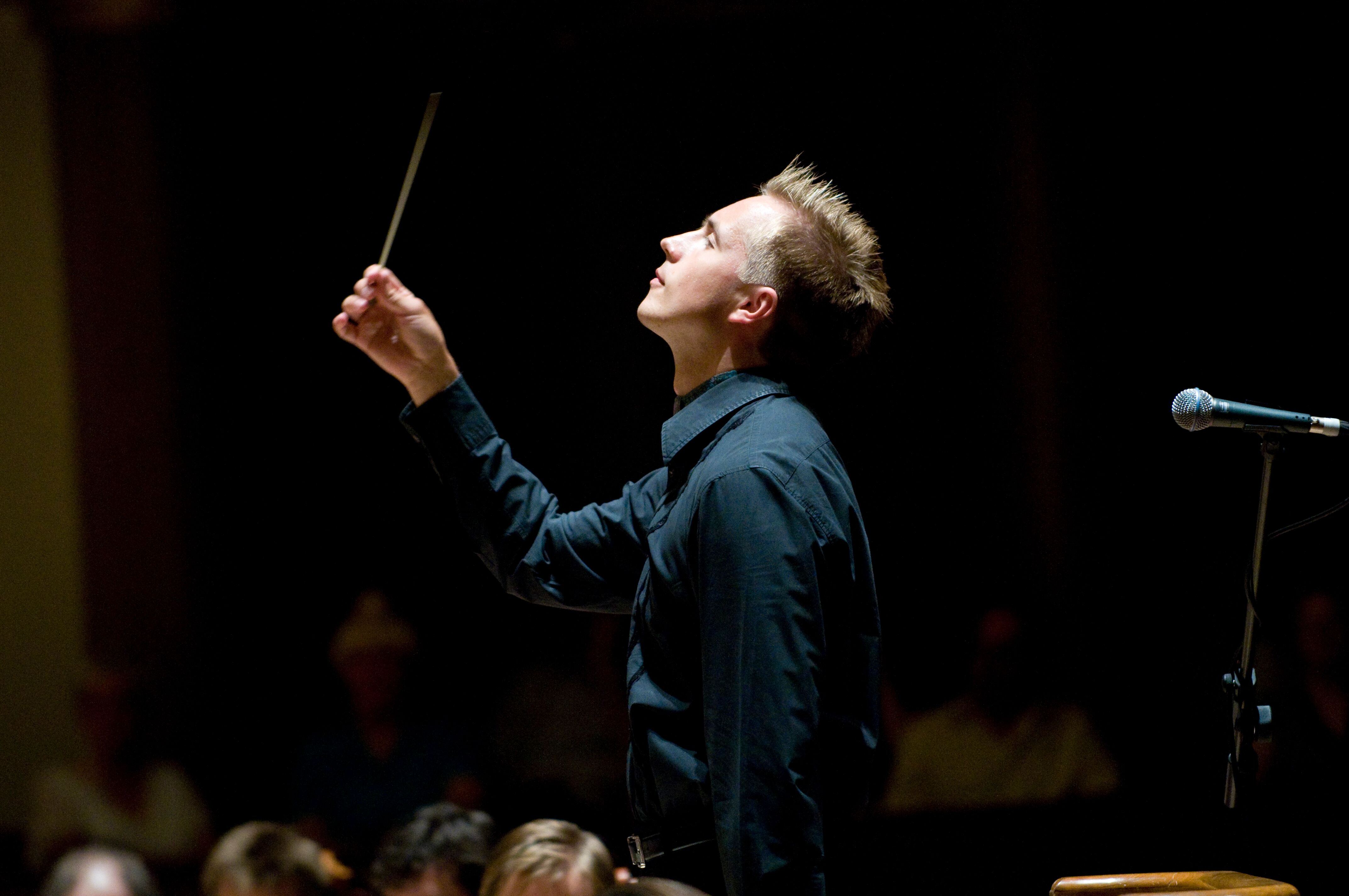
Photo: Mark McNulty
Where did that come from, that urge to connect with community? Was it your background in Russia, and the way culture seems to be so woven into everyday life there?
I guess part of it came from Saint Petersburg, or Leningrad, which, in the 1980s and 1990s, growing up there was this sense of living in a very big village. It’s a huge city, five million inhabitants, it’s a city where every citizen used to know at least, how to get to a certain street, they knew the city extremely well and were ready to help each other, and literally were ready to talk to each other on the streets or wherever else, and that was also reflected in Philharmonic programs and at the Mariinsky and Kirov Ballet programs. Culture is a big part of Russian and Soviet society, and I’m quite glad that nowadays it’s sort of returned back, slowly, to the level of how it was in Soviet times.
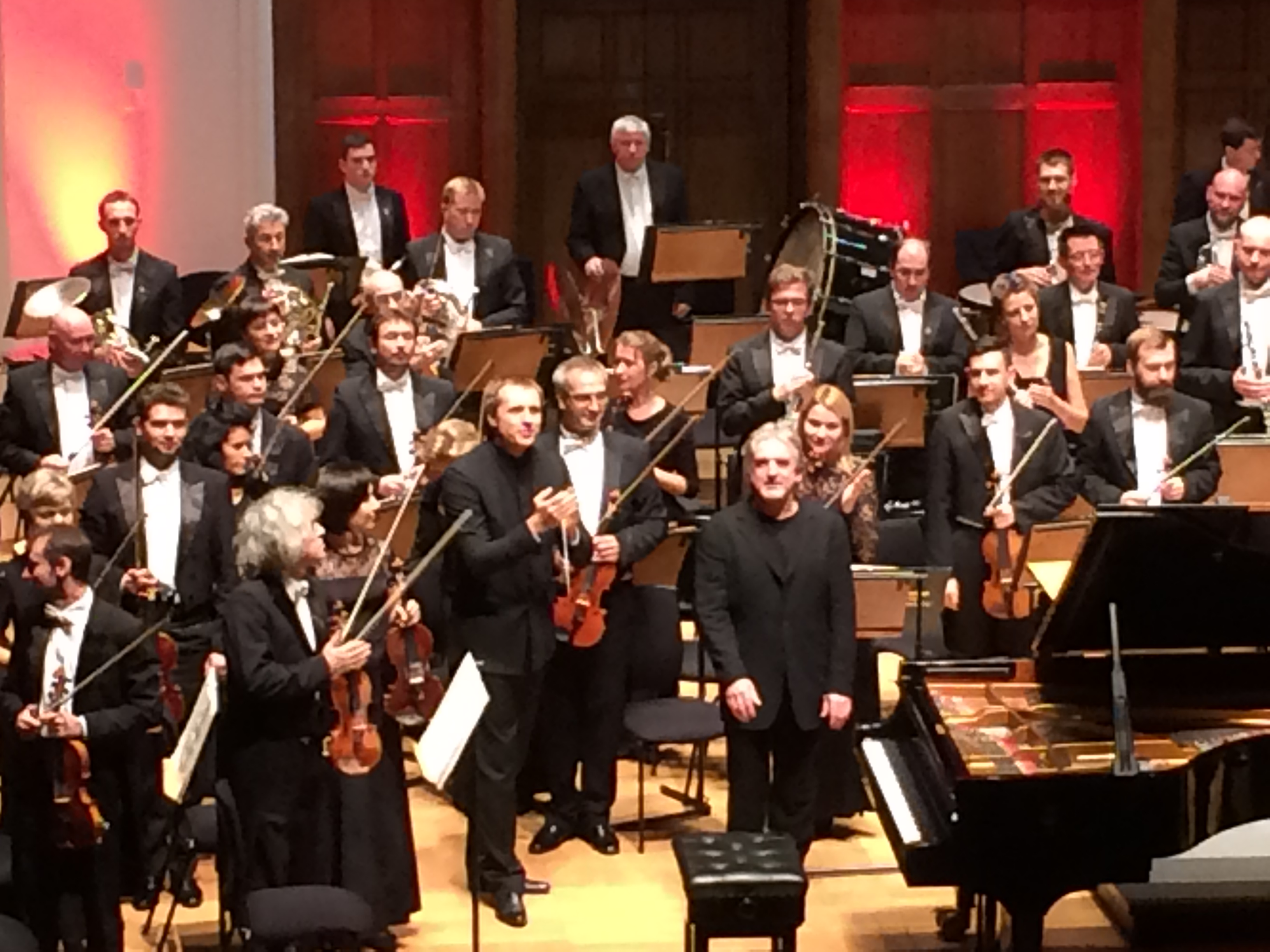
With the State Academic Symphony Orchestra of Russia and pianist Barry Douglas at Cadogan Hall in October 2018. (Photo: mine. Please do not reproduce without permission)
You know, you can say a lot of bad things about the Communists, but the attention they directed toward culture was huge — in a good and in a bad way — but the profession of musician in the Soviet Union was one of the most prestigious professions of all, for many reasons — huge competitions, relatively good salaries by Soviet standards; it was highly prestigious. People were respecting a lot of the artists, the singers and the musicians; all the people of art. That had been neglected (after the fall of Communism) partly because it was much more business-oriented, but now it seems to me this way is being brought back slowly, so the Moscow Philharmonic, as an umbrella of organizations, they sell an incredible amount of tickets, something like 500,000 subscriptions or something. Those in Moscow and Saint Petersburg are very active in culture; it is a part of the common life to go to the theatre or the Philharmonic Hall and to other concert halls, to the opera — literally almost every citizen tries to go at least every other week, and it is a very knowledgeable public, a public who understands the values and the essence (of art), and I’m really glad that it’s continued.
So yes, probably, (the awareness of community) came from that point, the understanding that culture itself can improve the quality of life of everyone, of every individual — there’s a message that we are there to improve your quality of life, mentally, emotionally, physically, all sorts of things.
I’m not sure opera is perceived that way in some places, though. You’re in NYC in the fall, making your Met Opera debut with Pique Dame (The Queen Of Spades) — what ideas or approaches do you bring with you from Oslo, Liverpool, Petersburg…?
People quite often ask me, “What’s the difference between conducting an opera and conducting a conducting symphonic orchestra?” and I say: when you conduct an orchestra, you’re driving a car; when you conduct an opera, you’re driving a truck. You have to think about the size and your responsibility when you’re conducting opera, and how it’s different. Your ability is obviously different when you have just a small car; the maneuverability is bigger, of course you can turn and twist immediately. With a big truck, you have to think about where it will move, and you also have to think about others; however, with a big truck you can bring more goods. And so of course the difference is that you are in charge, probably, if not indirectly in opera, of many other people — not just singers, not just dancers, but for instance light engineers, curtain makers, you have to acknowledge and know many more things than just the music. It’s also about physics — where the choir is, how they’re moving — everything can affect the performance. On the other hand, with the music plus the visual aspects, you can have a huge emotional impact on the public, all of the visual details are much more direct than just the sounds, to your mind and to the minds of the listeners, or the viewers.
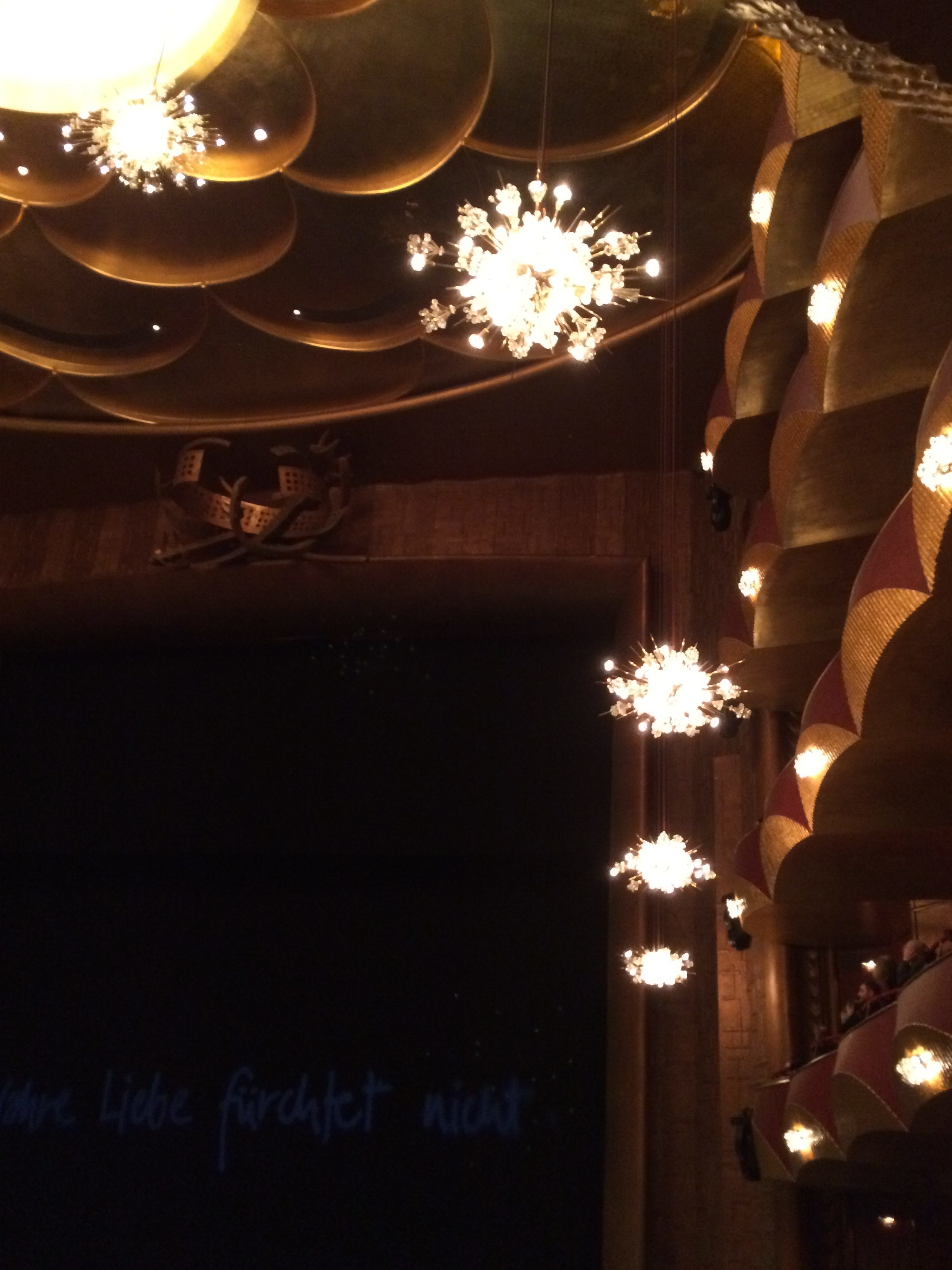
Inside the Metropolitan Opera. (Photo: mine. Please do not reproduce without permission.)
The Met is a very big house too.
It is a big house, and I’ve heard from many people — and this is what I’m saying to singers and to orchestras in other places which are big —that even if the house is big, quite naturally you start to play or sing louder, which is not necessary, because it leads to too-loud performances. So for me I want to find the balance and delicacy of the score, and in Pique Dame there are many delicate, quiet moments; probably the main climaxes happen in the quiet moments rather than the loud moments — the psychological climaxes — and so, we’ll work on those moments. If there is coherence between what’s going on visually onstage and what it says in the music, that can make an incredible effect.

